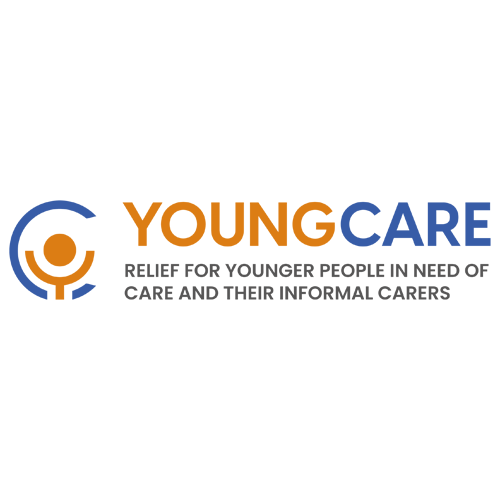Description
The particular wants and needs of younger people in need of care are often not sufficiently reflected in existing support structures and even less in learning and information offers. Most outpatient or inpatient care services are primarily geriatric-oriented. Younger people in need of care often only have the chance to be housed in care facilities for old people. Here, leisure activities are oriented towards preferences that do not fit the interests of young people and contact with peers is made more difficult. Volunteers in care homes, too, are mainly specialists for the wants and needs of old people. Informal carers seeking advice usually find it neither on the internet nor in counselling centres.
The motivation of the YoungCare project is to bridge these knowledge gaps and to develop solutions in cooperation with people in need of care, their relatives and other informal carers, such as volunteers. Through digital educational tools, an attractive learning offer, suitable for the target group, will be created. Beyond this learning offer and with its help to draw attention to the situation of younger dependent people and their caregivers, another goal is to make their issues visible in political discussions and the work of associations and municipalities. Through the combination of a practical learning tool and a dissemination campaign, YoungCare aims to increase the focus on this area in the long term.



